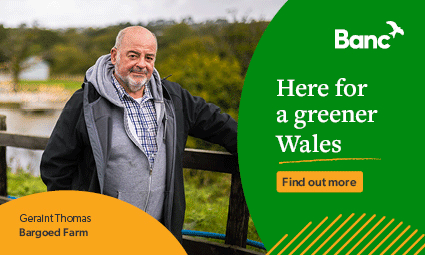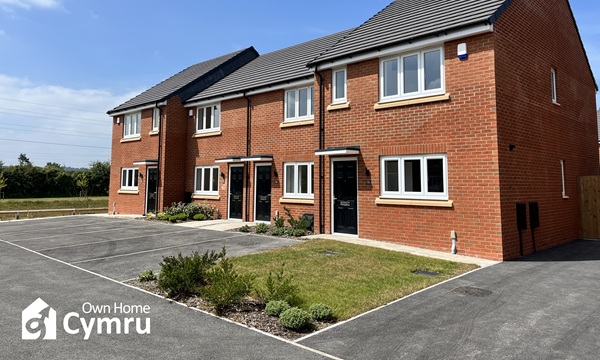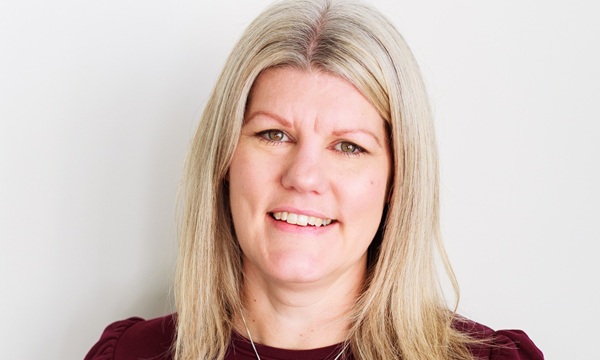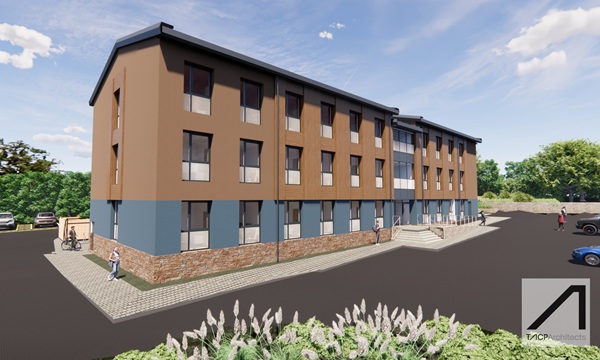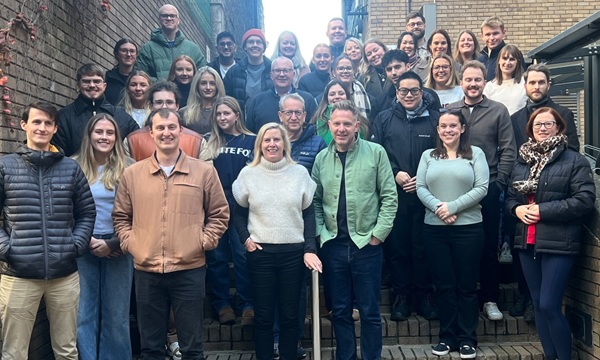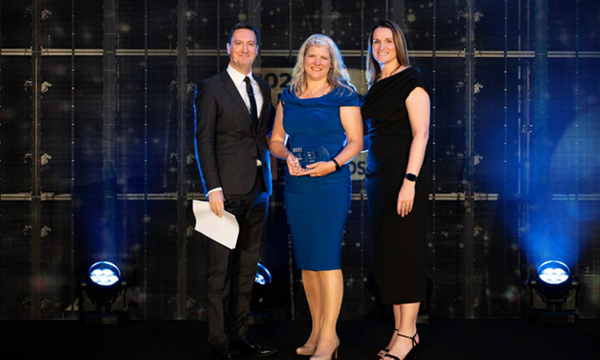
Housing is a cornerstone of the UK and Welsh Governments’ 2050 net zero goals. With homes accounting for a significant portion of emissions, how we build and operate them must change to meet the challenges of climate change.
For developers, particularly SMEs, the transition to net zero offers both opportunities and complexities.
Building homes with lower operational emissions is both achievable and desirable, and we can get there by balancing incentivising change while maintaining a viable housing market.
Greener homes are becoming increasingly desirable as more and more homeowners – and prospective homebuyers – are keen to cut their energy bills and reduce their carbon emissions. They’re looking for homes which literally have eco-awareness built into them from the ground up, both in terms of the materials they use and the longer-term costs of running, heating and maintaining them. And that demand means those homes are at a premium, with buyers willing to pay more for homes that meet their needs.
At the same time, while we know Enhanced building regulations, such as stricter Energy Performance Certificate (EPC) standards, are important for driving progress, introducing such changes too quickly or stringently could pose difficulties, and unrealistic regulations risk discouraging SME developers, many of whom are already grappling with rising costs and tight margins.
But while those risks and new challenges exist, the sector is looking for innovative solutions to help rise above them.
This is why I believe an incentivised approach is the best way forward for now. Incentives can help developers embrace low-carbon methods and technologies, while still allowing the industry to adjust and thrive. At the Development Bank of Wales, we’ve been running the Green Homes Incentive for several years, and it’s a model I’m proud of. The initiative encourages SME developers to use better carbon-saving materials and technologies by offering them reduced-cost funding.
Over the past two years, we’ve supported almost £60 million worth of projects through the Green Homes Incentive. These projects have gone above and beyond current building regulations, adopting innovative approaches such as timber frames, hempcrete blocks, and non-fossil fuel heating systems. They’ve achieved higher EPC ratings, with homes built to standards that exceed what is currently required.
While progress is being made, the market still faces challenges. Installing green technologies and adopting sustainable building methods often involves significant upfront costs that developers cannot fully recover through sales. However, the tide is beginning to turn. Research suggests that buyers are starting to recognise the value of energy-efficient homes. A “green premium” is emerging, with more homeowners appreciating the cost savings and environmental benefits of lower-carbon properties.
While building new homes to greener standards is vital, retrofitting existing housing stock presents an even greater challenge. Around 80% of the homes that will exist in 2050 are already standing today, and many fall far short of the necessary standards. Retrofitting requires more than just funding and technology—it demands cultural change. Homeowners must be willing to invest in improvements, which can often be disruptive and expensive. For example, switching to a heat pump involves not just installation but also adapting to a different way of heating the home.
There is no quick fix, but I’m encouraged by the progress we’re seeing. Retrofitting is becoming a burgeoning industry, with technological developments regularly emerging. To ensure success, we need to support both the developers creating greener new builds and the homeowners retrofitting existing properties.
By focusing on practical incentives and fostering collaboration between developers, funders, and policymakers, we can create a sustainable future for housing. Net zero homes can become a cornerstone of the green economy, driving innovation while supporting the development sector to thrive. As we move forward, it’s vital that we balance ambition with pragmatism to ensure we achieve our shared goals for a greener, more sustainable future.
To find out more about the Development Bank of Wales’ Green Homes Incentive visit: https://developmentbank.wales/get-business-finance/property-development-finance/green-homes-incentive


